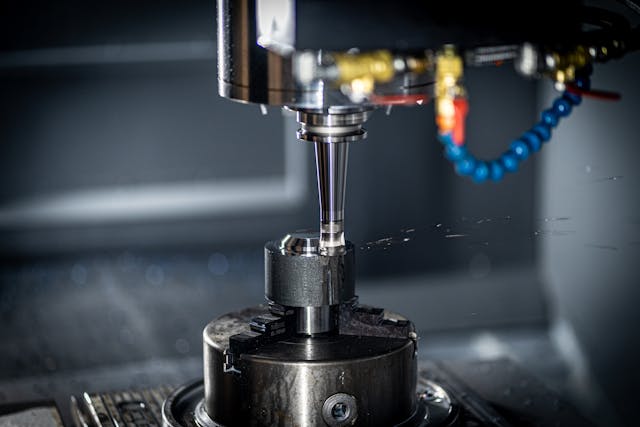Choosing the right CNC machining partner is a strategic decision that can directly influence your product quality, lead times, and long-term profitability. Businesses today, especially those operating in fast-paced industries like automotive, electronics, and medical device manufacturing, need precision, consistency, and reliability from their machining providers.
Companies like Beyonics Solutions, known for delivering high-precision components at scale, underscore the value of working with experienced partners from the outset.
In regions with growing industrial hubs, selecting an Asian CNC machining company with the right capabilities can make a significant difference in terms of cost efficiency and production agility. However, not all machining partners offer the same level of service, so careful evaluation is essential.
Table of Contents
ToggleDefine Your Technical and Operational Needs
Before reaching out to potential vendors, clarify what you need from a CNC partner. This includes tolerances, materials, part complexity, and volume requirements. Not all machine shops specialize in the same domains, some excel in prototyping, while others are built for full-scale production.
Make sure to also factor in your industry-specific standards. For instance, aerospace and medical sectors demand extremely tight tolerances and certifications that not all vendors may have. Documenting these specifications in detail will help filter candidates more effectively and avoid costly misalignment later on.
Assess Technical Capabilities and Equipment
A reputable CNC machining company should have advanced equipment that matches the complexity of your project. Ask what types of machines they use, 3-axis, 5-axis, Swiss-type lathes, or multi-tasking centers, and how they maintain their equipment for accuracy and repeatability.
Additionally, inquire about their inspection and quality control processes. Look for partners who invest in CMMs (coordinate measuring machines), in-process checks, and digital reporting. These technologies reduce defects and offer greater visibility throughout the production cycle.
Evaluate Experience Across Industries
Experience counts. A machining partner that has delivered solutions across a variety of sectors is more likely to have robust systems and a deeper understanding of production challenges. For example, a vendor with a track record in consumer electronics may already be familiar with fast turnaround cycles and high cosmetic standards, while a shop that regularly works with defense contractors likely understands compliance, traceability, and document control.
Request case studies, references, or portfolios that reflect similar project types to yours. This will help you gauge their capability and adaptability when dealing with your specific business needs.
Review Quality Management Systems and Certifications
A strong quality assurance framework is non-negotiable. ISO 9001 is a basic requirement, but industries like automotive (IATF 16949), medical (ISO 13485), and aerospace (AS9100) require additional certifications. Be sure to confirm which ones are in place and how often they are audited or updated.
Ask for evidence of how quality is managed daily. Do they use statistical process control (SPC)? Do they perform root cause analysis and implement corrective actions? Quality assurance should not be reactive, it should be built into their manufacturing culture.
Examine Scalability and Supply Chain Integration
Can your machining partner scale with your business? If your current needs involve small-batch prototyping, but you expect higher volume production in the future, your vendor should have the capacity and infrastructure to grow with you.
Evaluate how they handle supply chain management, from raw materials to logistics. A well-integrated CNC partner should be able to align with your JIT (Just-in-Time) schedules, offer flexible MOQs (minimum order quantities), and adapt to shifts in demand without compromising delivery timelines.
Communication, Transparency, and Service
Strong communication is often the overlooked factor that determines long-term success. Your CNC partner should be responsive, proactive, and transparent throughout every stage of the process, from quoting and prototyping to final delivery.
Look for service-level indicators such as dedicated account managers, real-time production tracking, and regular updates. Miscommunications or delays in feedback can snowball into production issues, missed deadlines, or costly rework.
Choosing the right CNC machining partner involves more than comparing quotes or machine lists. It’s about aligning with a provider that understands your goals, prioritizes quality, and supports growth. With clear criteria and due diligence, businesses can build enduring partnerships that deliver technical excellence and operational value.










